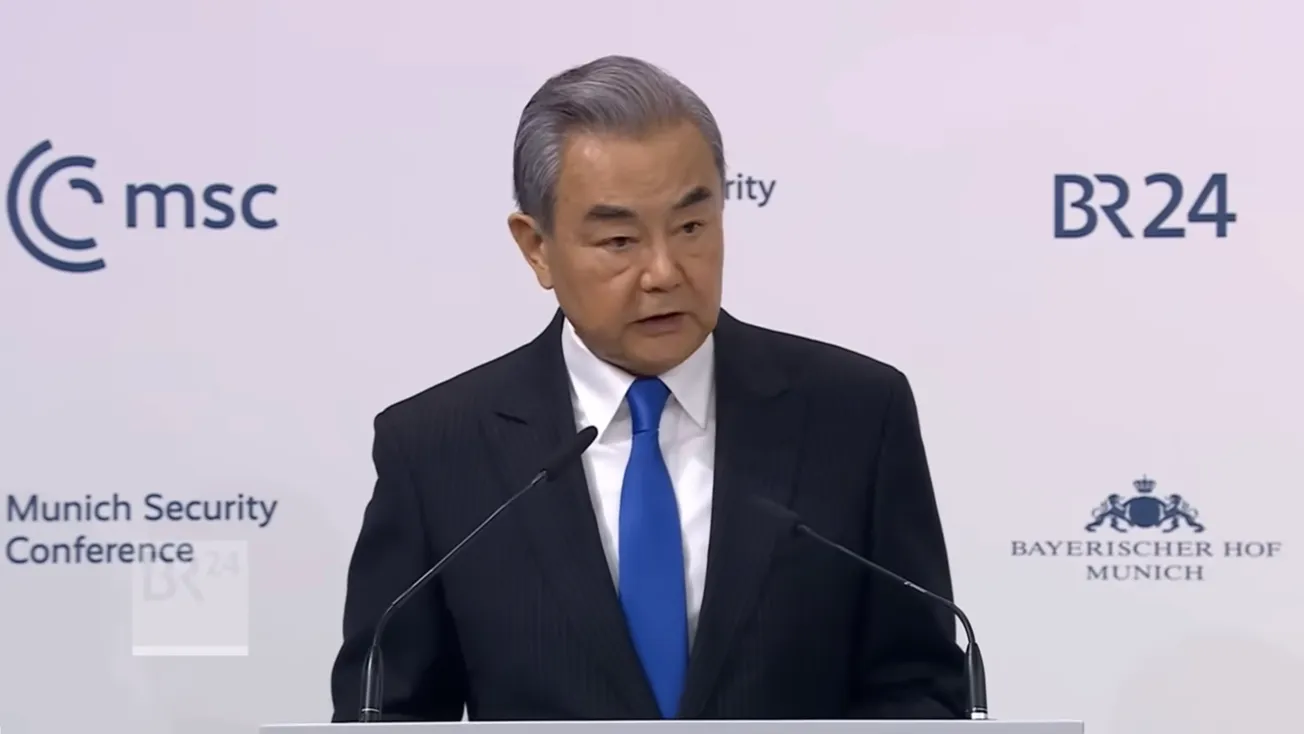The four hours of discussions between the presidents of the United States and China, Joe Biden and Xi Jinping, on Nov. 15, which were held just outside San Francisco, California, made some progress in bringing U.S.-China relations back from the extremely tense relationship that evolved after the provocation of the Nancy Pelosi visit to Taiwan back in August 2022. In both the White House and Chinese readouts about the summit, it was clear that most of the substantive points of dispute remain between the two countries—and were pointed out by each side—but there were a handful of areas of agreement and, significantly, statements from both sides that they wanted to return to some sort of normalcy.
The White House readout called the talks “candid and constructive,” and began by listing points of cooperation: “President Biden … reiterated that the world expects the United States and China to manage competition responsibly to prevent it from veering into conflict, confrontation, or a new Cold War…. The two leaders made progress on a number of key issues.” These include “the resumption of bilateral cooperation to combat global illicit drug manufacturing and trafficking, including synthetic drugs like fentanyl,” and “high-level military-to-military communication.”
Then came the litany of continuing disputes: “a free and open Indo-Pacific”; “freedom of navigation and overflight”; the U.S. “will continue to support Ukraine’s defense against Russian aggression”; “U.S. support for Israel’s right to defend itself against terrorism”; “concerns regarding P.R.C. human rights abuses”; and “prevent advanced U.S. technologies from being used to undermine our own national security.” The U.S. did, however, reiterate that “our One China policy has not changed and has been consistent across decades and administrations.”
Importantly, the U.S. readout states that “the two leaders agreed that their teams will follow-up on their discussions in San Francisco with continued high-level diplomacy and interactions, including visits in both directions and ongoing working-level consultations in key areas.”



